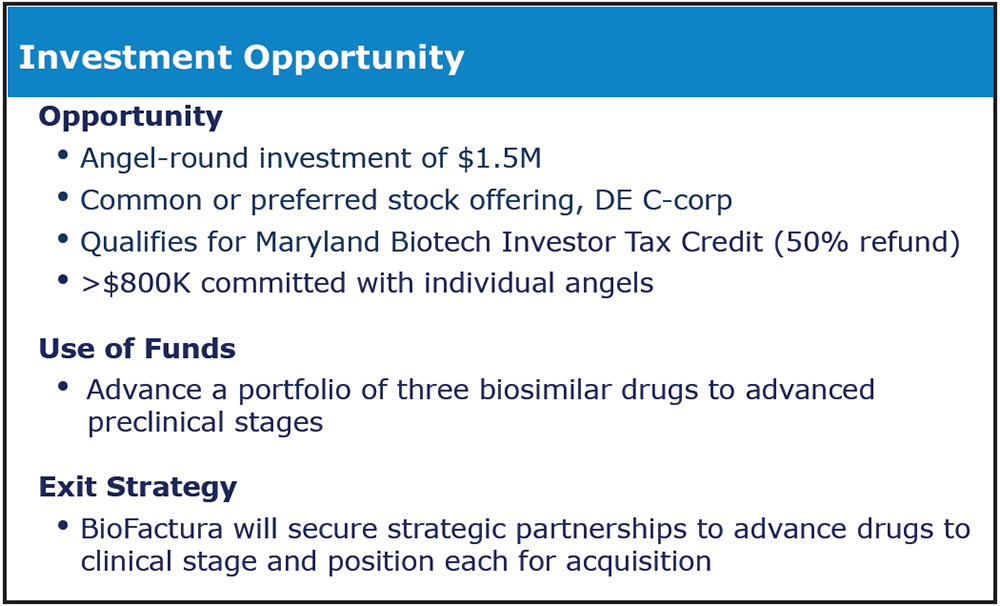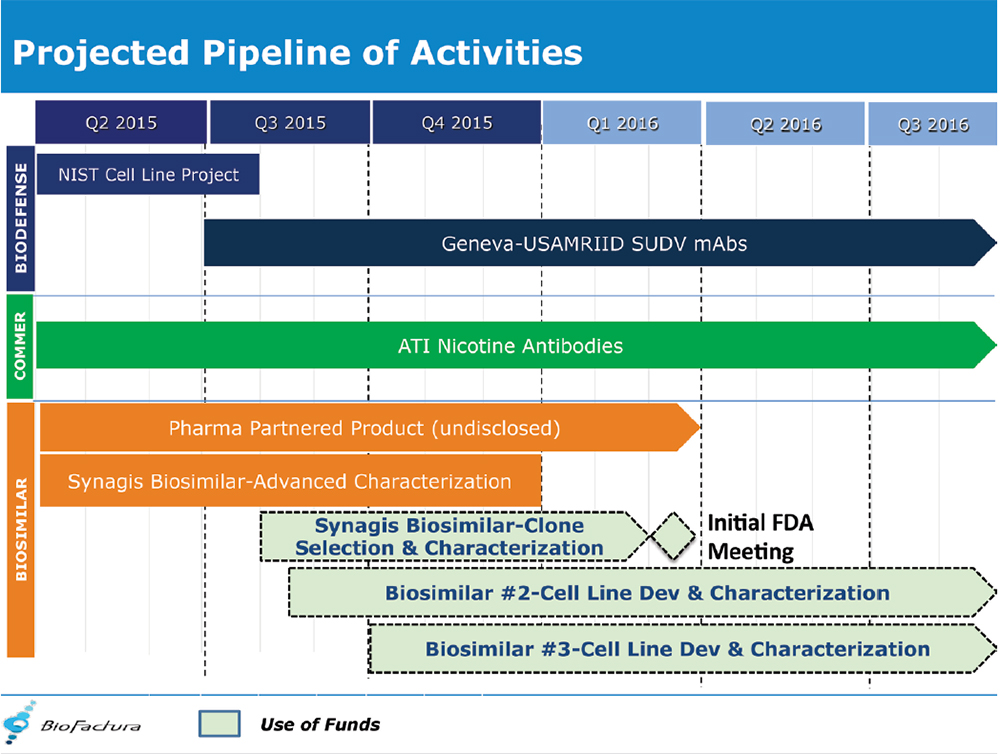
(click for larger image)
Sample Power Point slide: Large fonts and bullets make text easy to read.
© Courtesy Jeff Hausfeld, MD, MBA
When it comes to humor, Lizotte errs on the side of caution. “Be jocular, but not a stand-up comedian. And don’t try to tell jokes unless you’ve practiced them before a live audience and know that people will laugh. Otherwise, opt to just chuckle at your own use of language or communicate friendly jests toward the moderator or your answers to a question. Make fun of yourself if you spot a typo on a slide, such as, ‘Oh, I really messed that one up, didn’t I? Sorry, folks!’”
Explore This Issue
December 2016“Mainly, don’t try to overdo humor; just be self deprecating and act as if you are having a good time. In fact, don’t act … actually have a good time!” Lizotte said.
Overcoming Jitters
The value of preparation cannot be overstated in overcoming anxiety and delivering the best possible presentation. “It’s natural to feel nervous when speaking in public, and even after giving many presentations you will likely have some nerves,” Stone said. “However, if you’ve practiced your presentation and prepared your content thoroughly, everything will fall into place. A strong opening will ease your tension for the rest of the presentation, because the beginning is usually the toughest, until you settle into a comfortable rhythm with your audience.”
If you connect with your audience visually and emotionally and allow them to feel that you’re there to teach them something of special importance that will assist them in their professional lives, that may be the best way to overcome any fear, Dr. Hausfeld said.
Lizotte advises thinking of your audience as a lunch partner or a small group of friends. “You don’t get nervous in those situations, right?” he said. “This isn’t any different, except that your audience has a greater number of lunch partners. By viewing your audience in this way, you’ll see them as plain old regular folks coming to hear what you have to say and then conversing with you about what you’ve said during the question-and-answer period.”

(click for larger image)
Sample Power Point slide: Graphics make slides more visually intriguing.
© Courtesy Jeff Hausfeld, MD, MBA
Physical activities that use excess adrenaline, such as jumping jacks or pushups, or listening to inspiring songs or passages just before going onstage, may help to calm some presenters, Dr. Ishii added. Some speakers also find it helpful to keep a bottle of water at the podium, where quick sips can combat dry mouth.